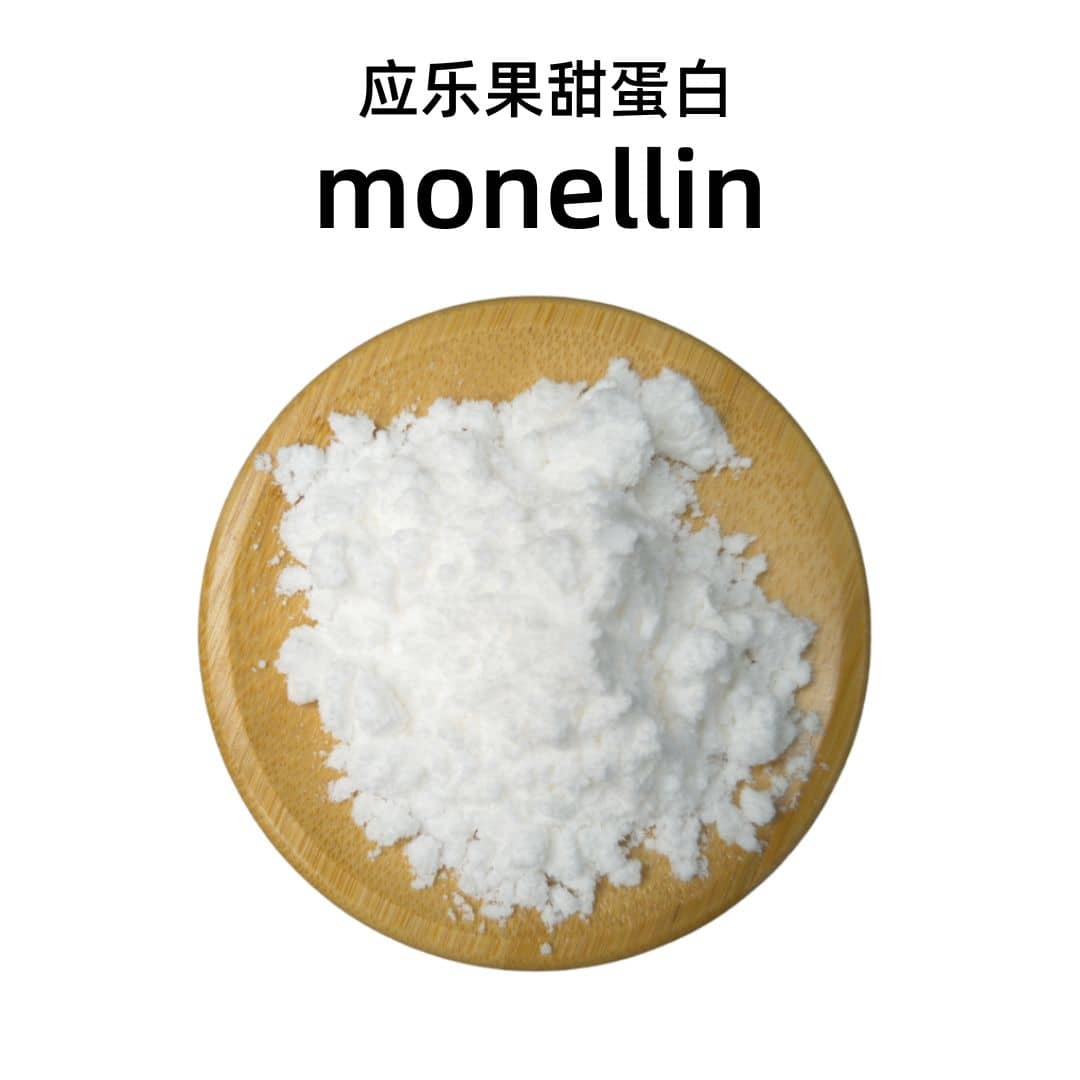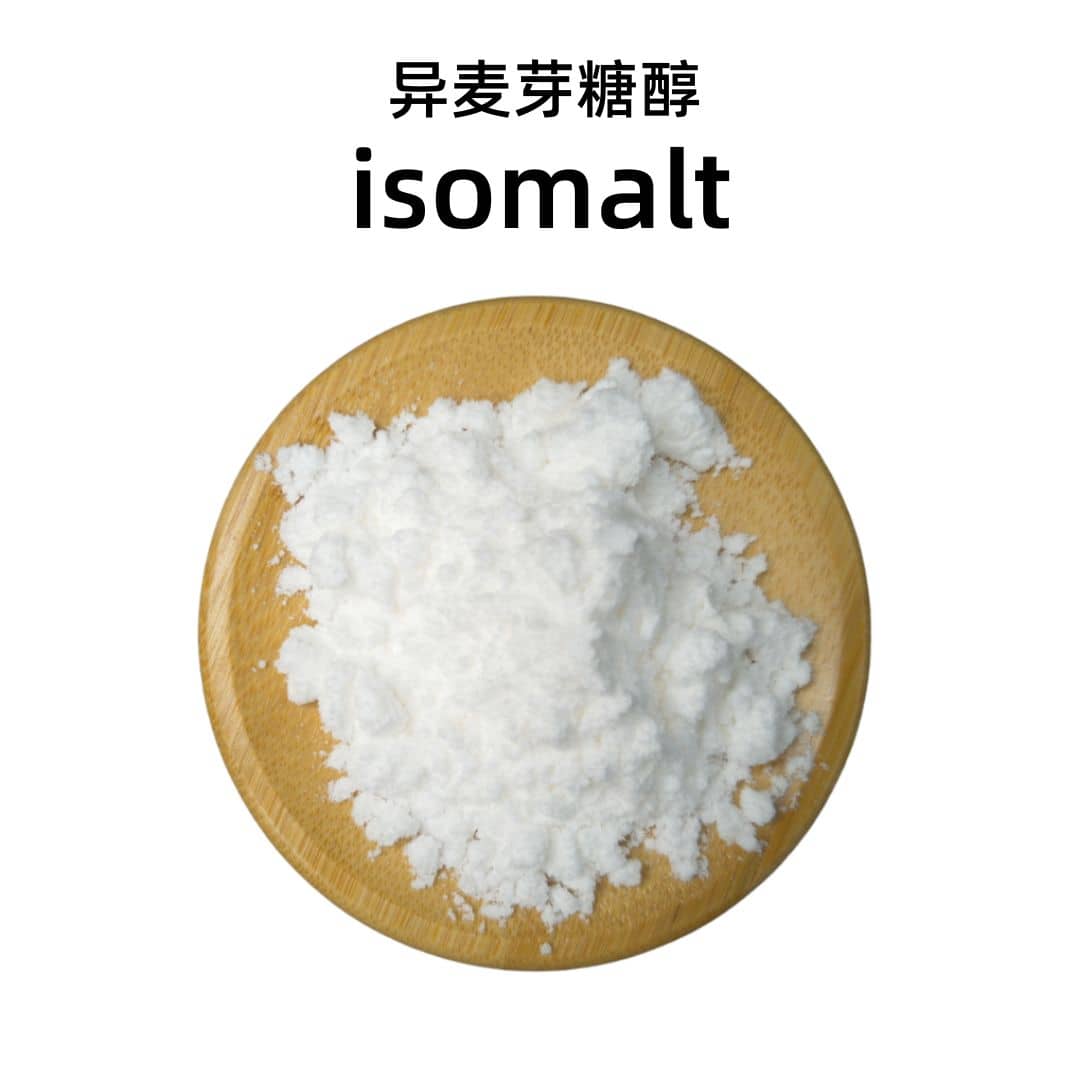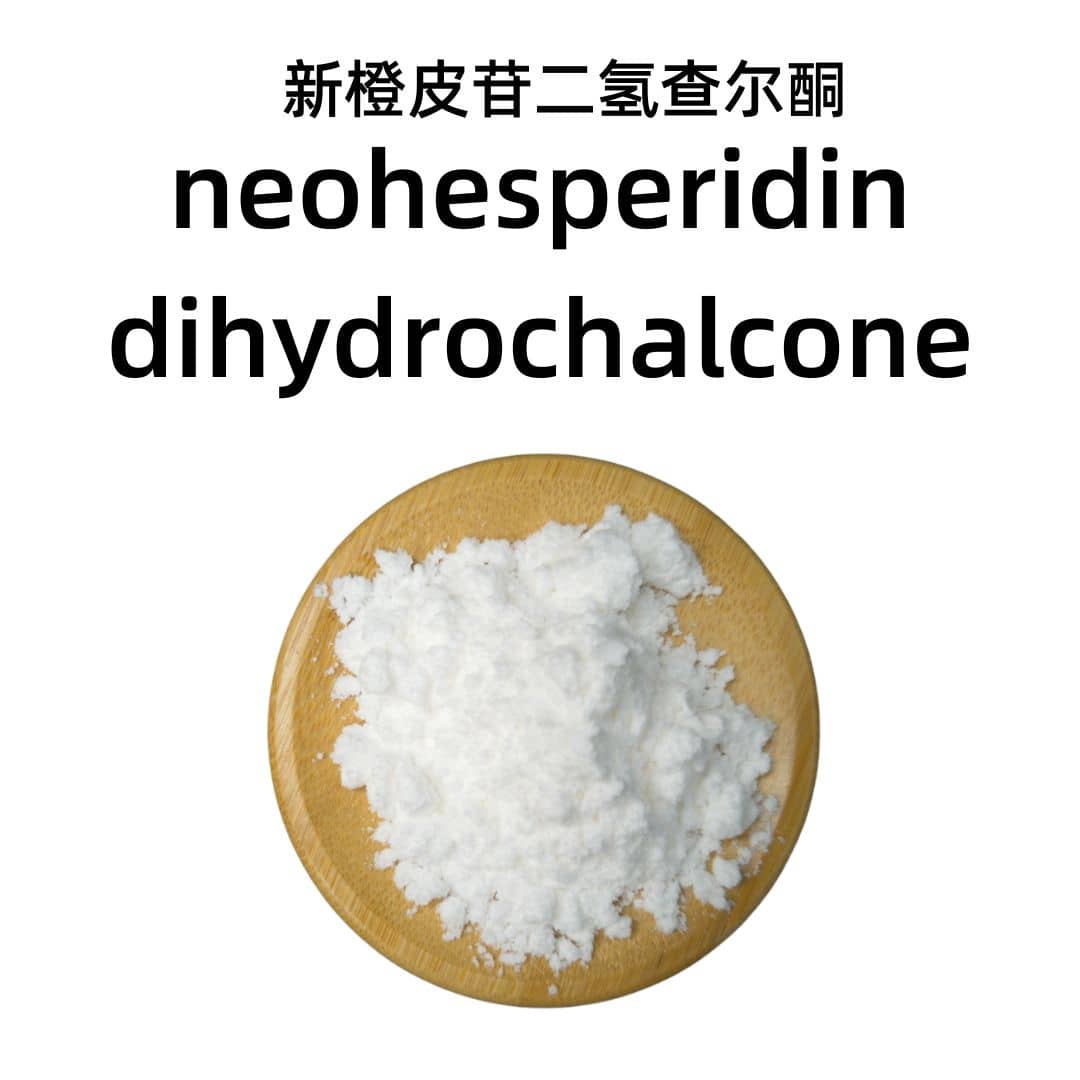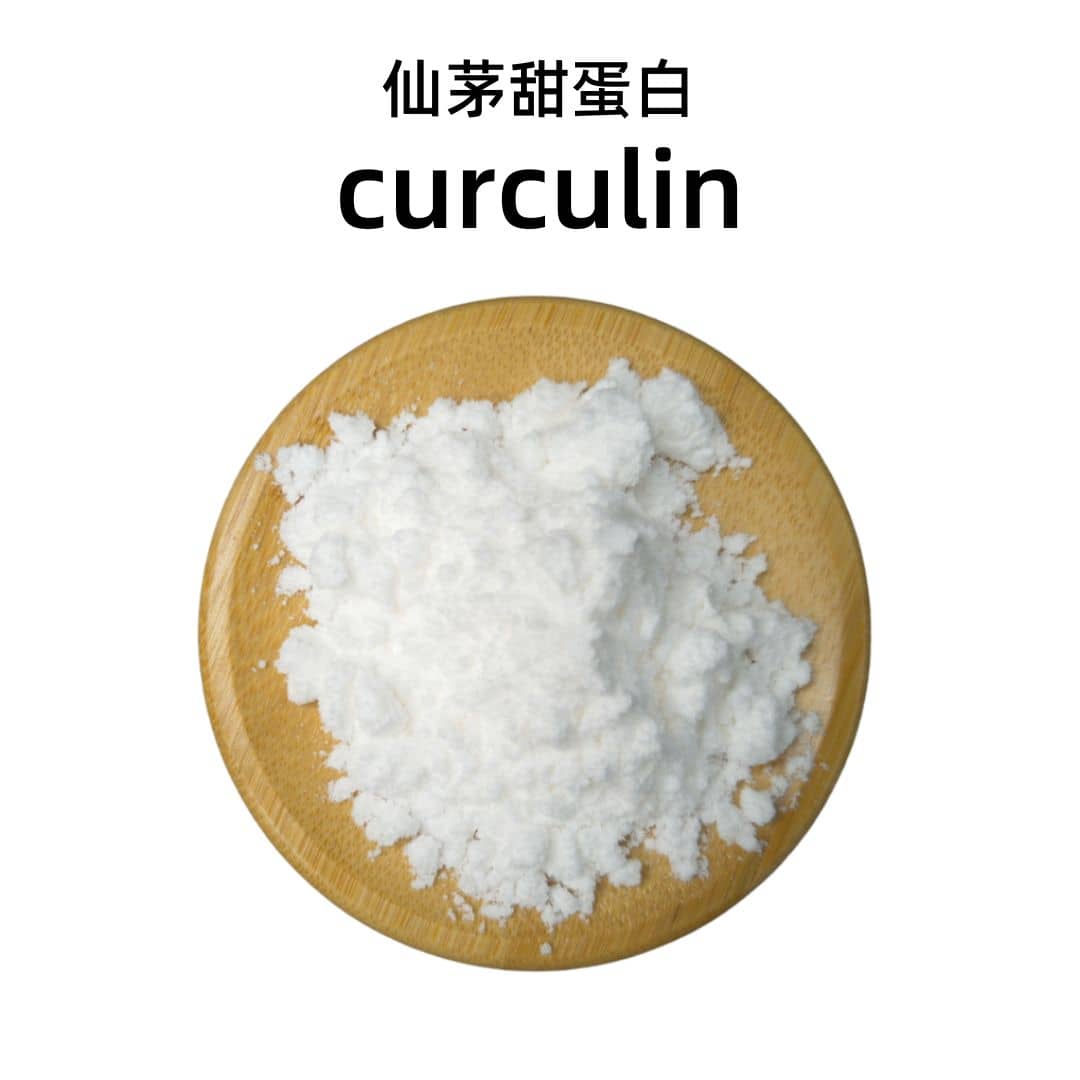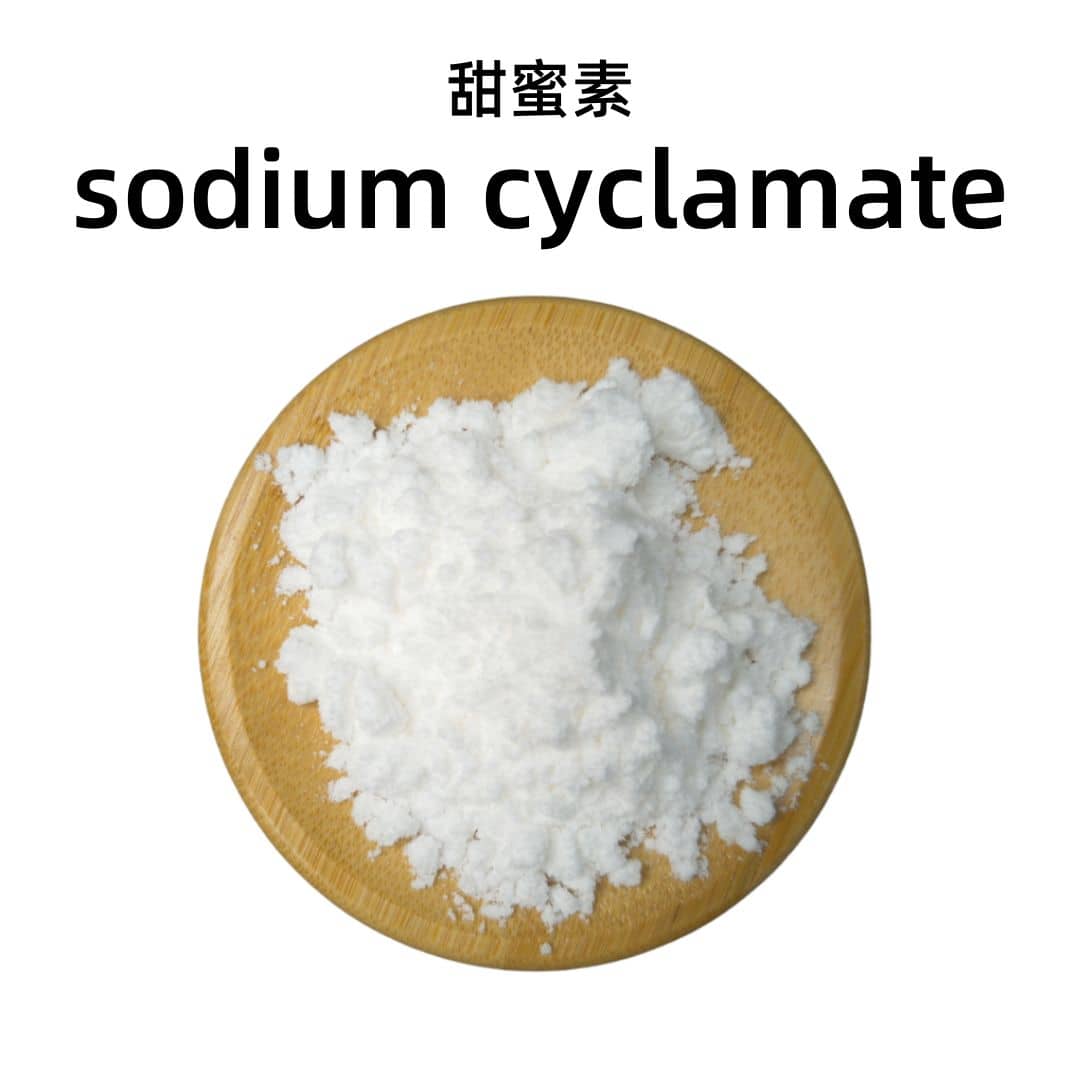D-sorbitol is a sugar alcohol that serves as a versatile sweetening agent. It is commonly used in the food industry due to its lower caloric content compared to regular sugar, as well as its ability to retain moisture. This compound occurs naturally in fruits, particularly in berries and stone fruits, and is often produced synthetically from glucose.
The manufacturing process of D-sorbitol typically involves the reduction of glucose. This method can be executed through catalytic hydrogenation, whereby hydrogen gas is used under certain pressures to convert glucose into sorbitol. The resultant product undergoes purification steps to ensure high purity levels, suitable for food, pharmaceutical, and cosmetic applications.
D-sorbitol has a range of applications. In the food industry, it acts as a sweetener and humectant, enhancing flavor profiles and retaining moisture in products such as candies, baked goods, and diet beverages. In the pharmaceutical industry, D-sorbitol serves as an excipient in tablet formulations and a sweetening agent in liquid medicines. Additionally, in cosmetics, it functions as a moisturizer and thickening agent.
Storage Conditions: D-sorbitol should be stored in a sealed, lightproof container, protected from high temperatures, and kept in a dry, cool, and well-ventilated place.
Packaging Method: It is available in bulk packaging in 25kg cardboard drums, sample packaging in 1kg aluminum foil bags, and custom packaging can be arranged upon request.
Shipping Method: Shipping options include FedEx, DHL, dedicated logistics, and sea freight consolidation.
Shelf Life: The typical shelf life of D-sorbitol is 2 years when stored properly.
Monica Sun possesses extensive technical expertise and market insights in the food additives industry. She excels in designing efficient and safe additive formulations tailored to various food applications, ranging from sweeteners to functional dietary fibers. Monica has successfully assisted food manufacturers in optimizing ingredient combinations to enhance product quality and improve consumer satisfaction.









